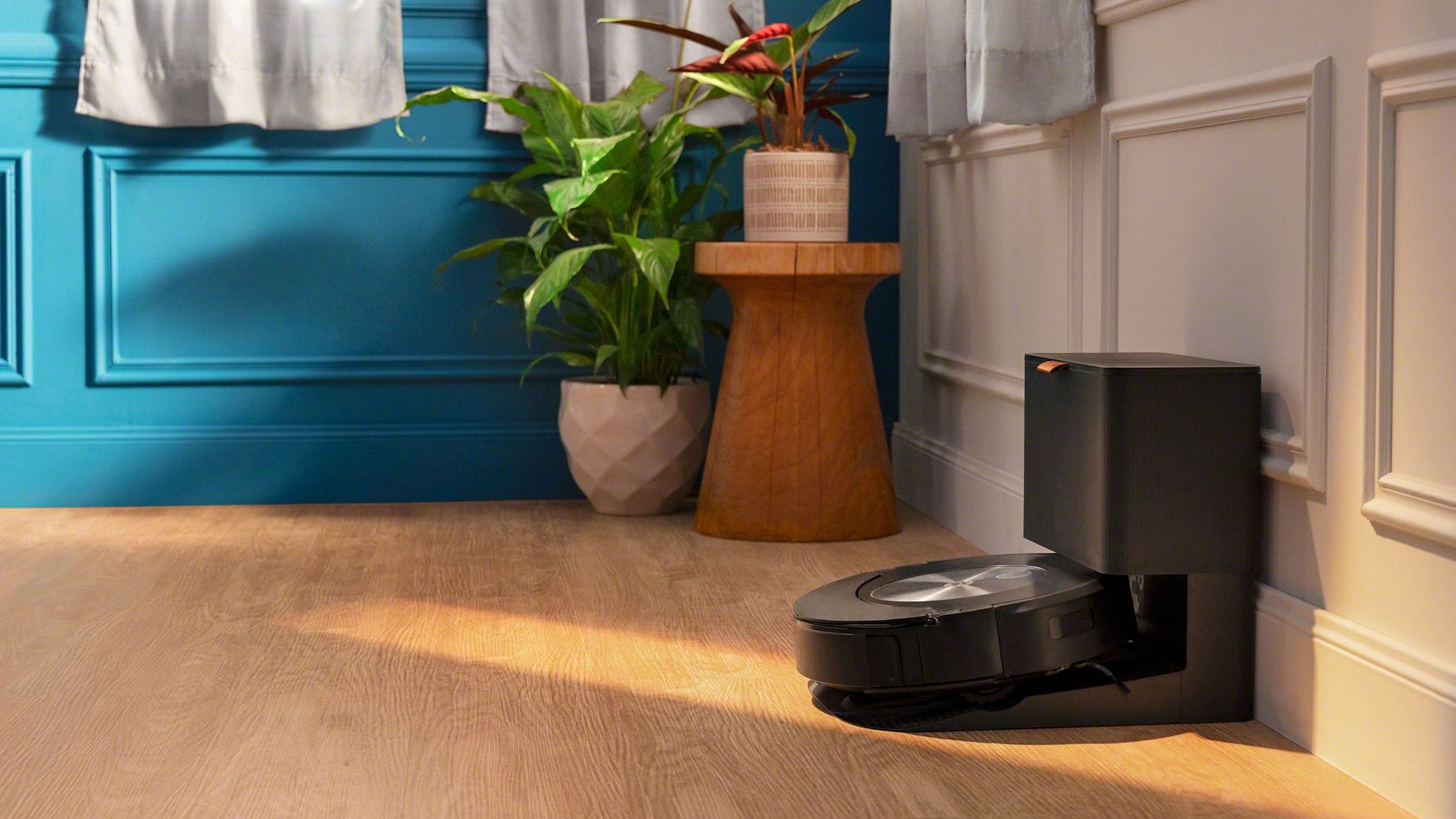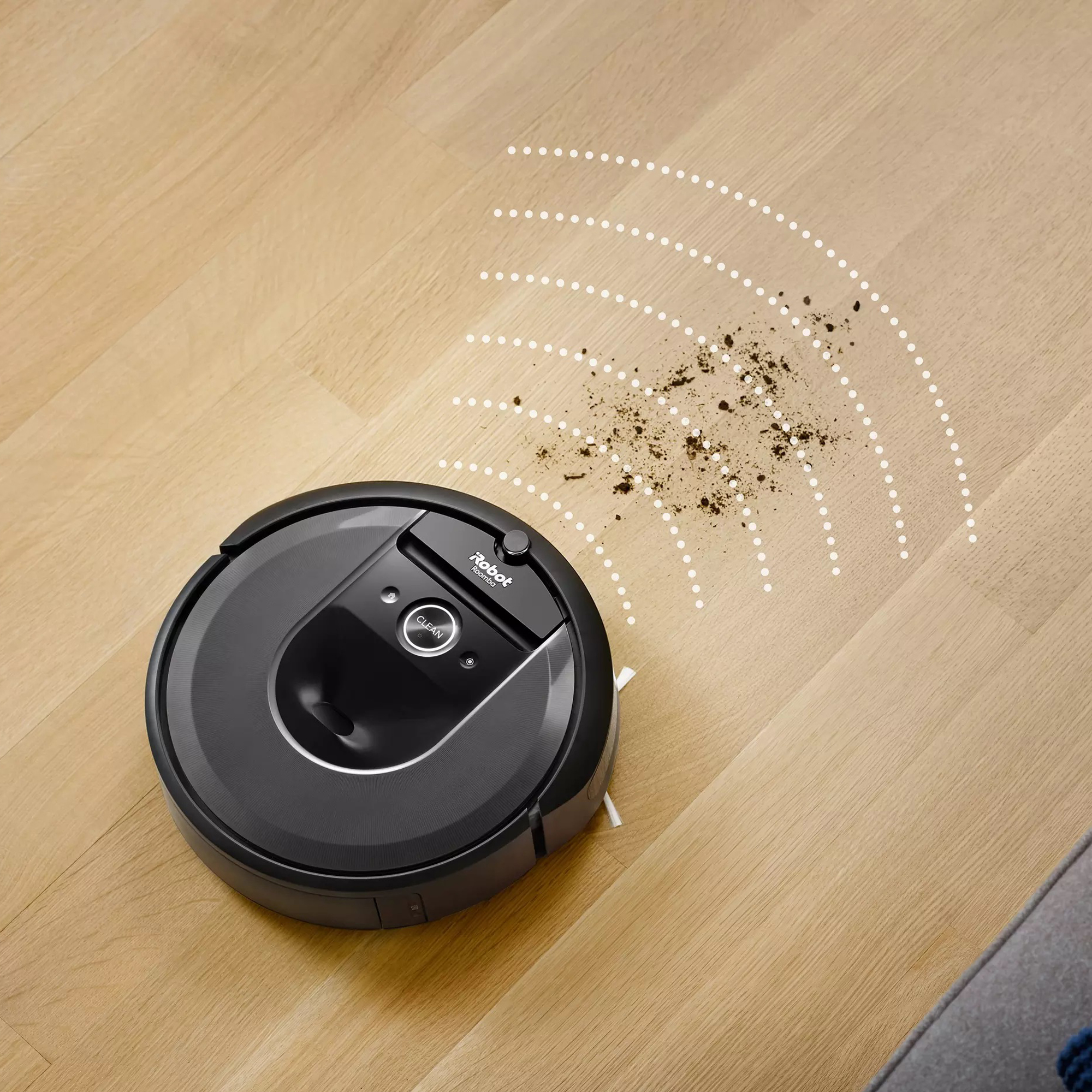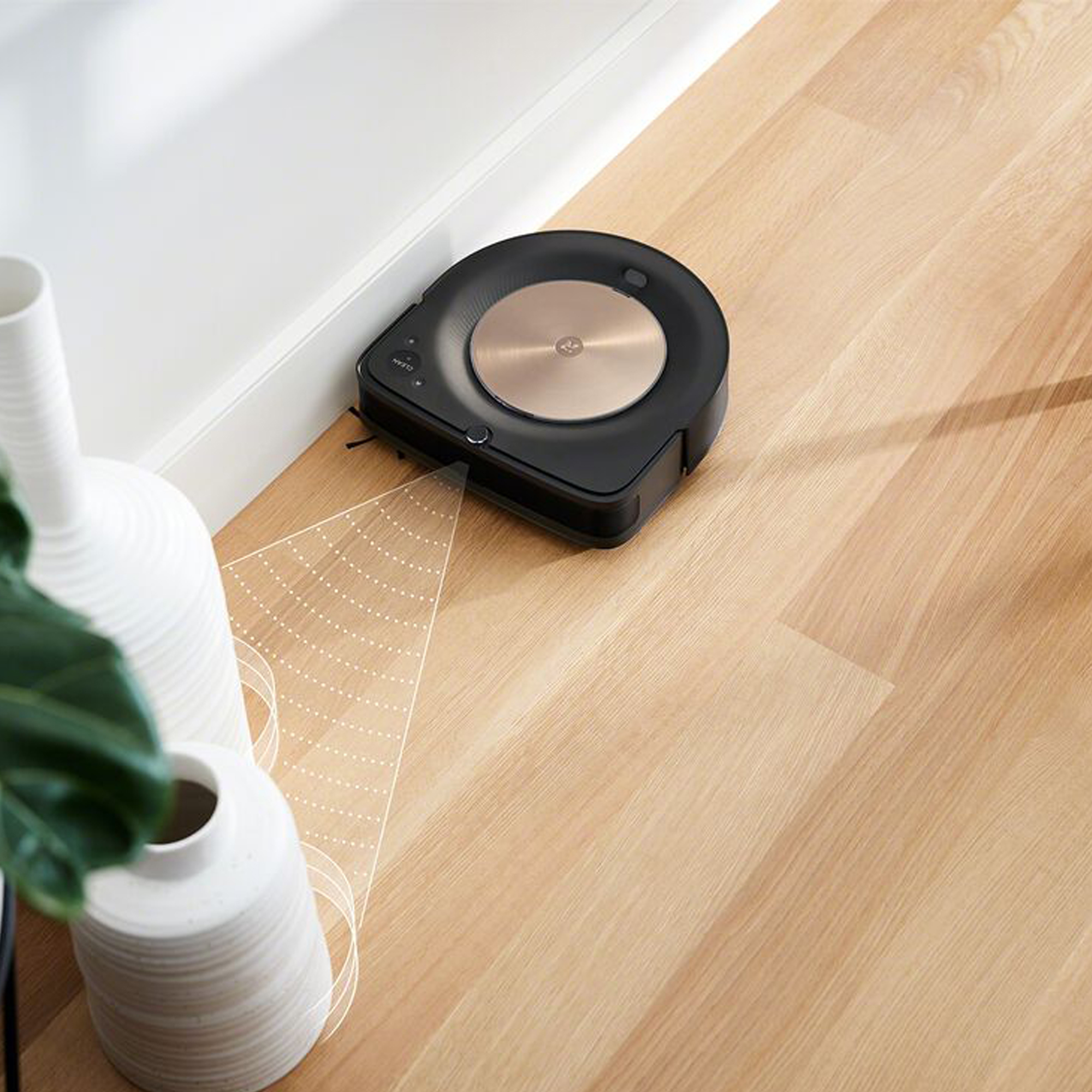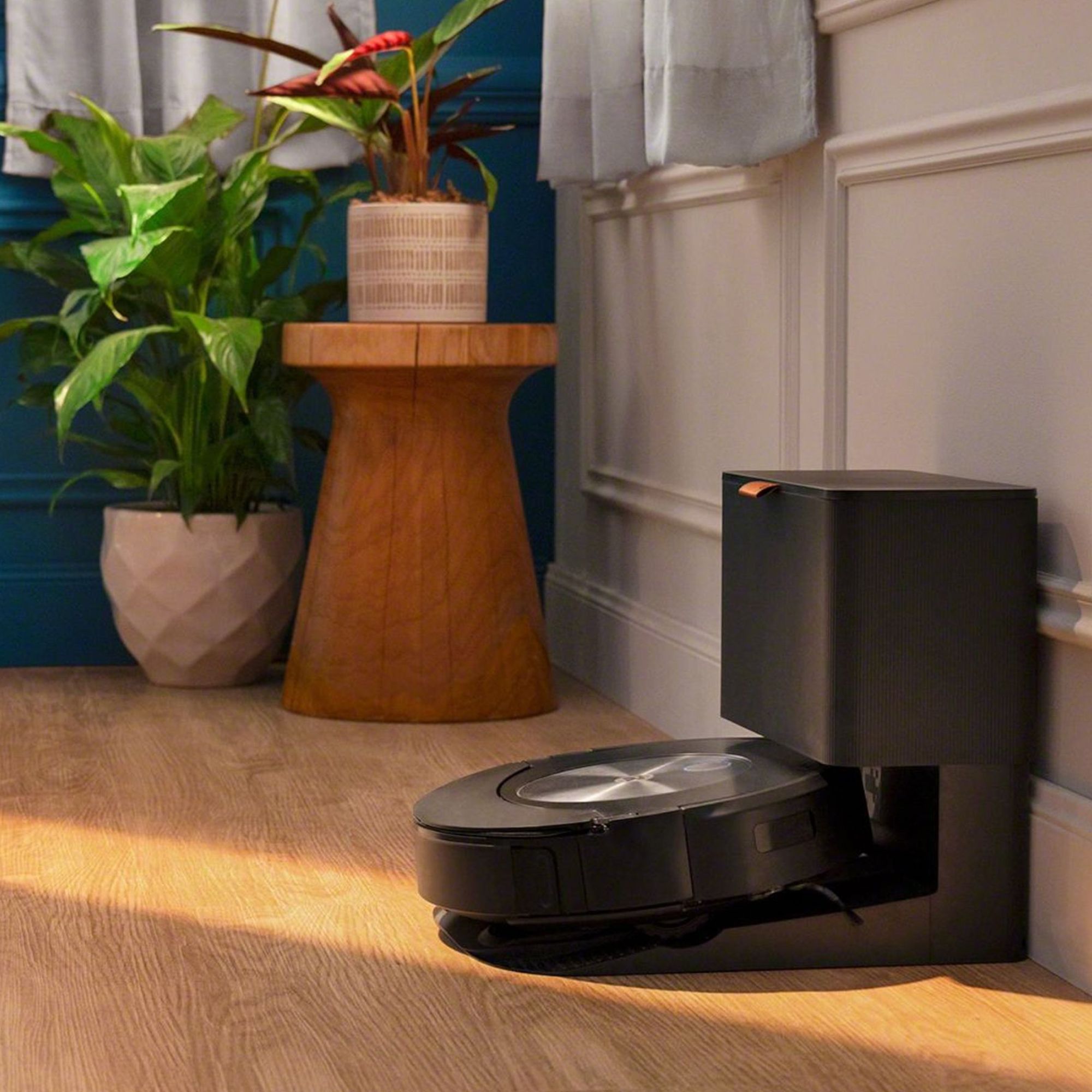How to clean a Roomba – 5 expert tips for cleaning and maintaining your robot vacuum
Keep your appliance in top condition and retain maximum performance


Knowing how to clean a Roomba is important for ensuring your appliance stays in working order and continues to run efficiently for longer – and it's knowledge worth having in your back pocket, especially considering these little guys can be quite the investment.
The best robot vacuums have quickly become a go-to for daily upkeep, working wonders in helping you keep on top of dust and debris on your floors between dedicated vacuuming sessions. While robot vacs still don't quite have the capabilities to completely replace our best vacuum cleaners, they've certainly come a long way.
One of our favourite robot vacuums is the iRobot Roomba, with all three of the i7+, s9+, and j7+ robot vacuum models being our top-rated from the few we've tested in the series, scoring 4.5 and 5 stars respectively in our reviews. The only kicker? They are seriously expensive.
Therefore, if you've plucked up the courage to invest, it pays to learn how to clean a Roomba and maintain it, to get the most value for money and set it up for cleaning success in your home. Just as it's vital to clean a vacuum regularly to keep it performing optimally, the same goes for cleaning a Roomba.

How to clean a Roomba
'Regular maintenance is vital if you want to keep your Roomba in top condition,' begins Dawnn Hilton-Lito, general manager at home cleaning service, One Less Thing. 'Be sure to empty the bin after each use, removing any hair or debris tangled around the brushes and wheels. I recommend cleaning the filter every 1-2 weeks to help maintain the device's suction power.'
Oftentimes, people wonder if robot vacuum cleaners are worth it. With proper care and maintenance, you can keep your Roomba working effectively for longer. So, to help you with the task we reached out to cleaning professionals to share their best advice.

1. Switch it off and disassemble
Just like cleaning any other appliance, it's important to make sure you've completely switched it off before performing any maintenance on it. Dawnn also advises turning it over and removing the extractors and brush before continuing.
Sign up to our newsletter for style inspiration, real homes, project and garden advice and shopping know-how
2. Empty the dustbin
It's super important that you empty the dustbin after every cleaning session, especially if you have pets and a lot of dust and it isn't a self-emptying model.
'A full dustbin decreases suction power and impacts the cleaning performance,' explains Jess Farinha, founder of London House Cleaners.
3. Wash the filters
After emptying the dustbin, we suggest moving onto the filters. Just like standard vacuum cleaners, most robot vacuums will have washable filters. As mentioned above, it's important to clean the filters to ensure the vacuum's suction power stays powerful.
'Every week, remove the filters and tap them gently to get rid of any loose debris and wash them under clean running water. Allow the filters to dry out completely before placing them back,' explains Jess. Similar to cleaning a Dyson filter, it's best to use cold water during this process.
4. Detangle the brush
Every month, you should properly inspect the main brush and side brushes of your Roomba to look for any tangled hair, debris, and thread. Jess suggests using scissors to carefully remove any build-up or even a smaller vacuum tool attached to your everyday vacuum to get to these areas.
Naturally, brushes will get worn down over time and become less effective. Therefore, it's recommended to replace these brushes every six to 12 months, based on how often you use your Roomba, the manufacturer's recommendations, or just when you can tell it needs a replacement.
5. Clean the sensors
A lot of the success of a Roomba lies in its sensors to navigate your home and avoid obstacles in its path. Therefore, Dawnn recommends frequently wiping the sensors and charging contacts with a soft, dry cloth to guarantee your appliance operates smoothly and efficiently.
Similarly, it could be worth having a look at your Roomba's charging station and ensuring there are no loose cables, debris, or small objects that could obstruct the sensors and prevent your robot vacuum from returning to its docked home.

FAQs
How do you deep clean a robot vacuum?
If your robot vacuum needs a deeper clean, you can consider using compressed air to blow the dust out of those tricky hard-to-reach nooks and crannies. Then, wipe down the exterior with a damp cloth.
As a general rule of thumb, it's recommended to do this every six months to keep your Roomba in working order.
How often should I clean my Roomba?
The key to your Roomba working more effectively for longer is to clean it regularly. This can be on a weekly, bi-weekly or monthly basis depending on how often you use it. For deep cleans, these should ideally be done every 6 months.
What's important is that you set a schedule you can stick to. 'Set a cleaning schedule for the robot vacuum to ensure consistent cleaning and prevent dust from building up,' advises Jess Farinha at London House Cleaner.
'I encourage you to consult the manufacturer's instructions for specific cleaning recommendations, as every model is different and what works for one won't necessarily work for another,' concludes Dawnn.
Following these expert tips, you should now hopefully be more confident in the task of properly cleaning a Roomba. By sticking to these tips and maintaining your robot vacuum regularly, you can ensure optimal performance and the most bang for your buck for many years to come.

Jullia was Ideal Home’s Junior Writer from 2022-2024 and the Ideal Home Certified Expert in Training on Vacuums having spent over 60 hours testing different models. She’s always loved all things homes and interiors, graduating with a bachelor’s degree in Architectural Studies from the University of Nottingham where her love for writing blossomed following her internship at ArchDaily. Now focused on home tech and cleaning, Jullia works on writing features and explainers to help people make the most of their home appliance investments, putting the newest launches through their paces. When she isn’t writing, she loves exploring the city, coffee shop hopping, and losing hours to a cosy game or book.